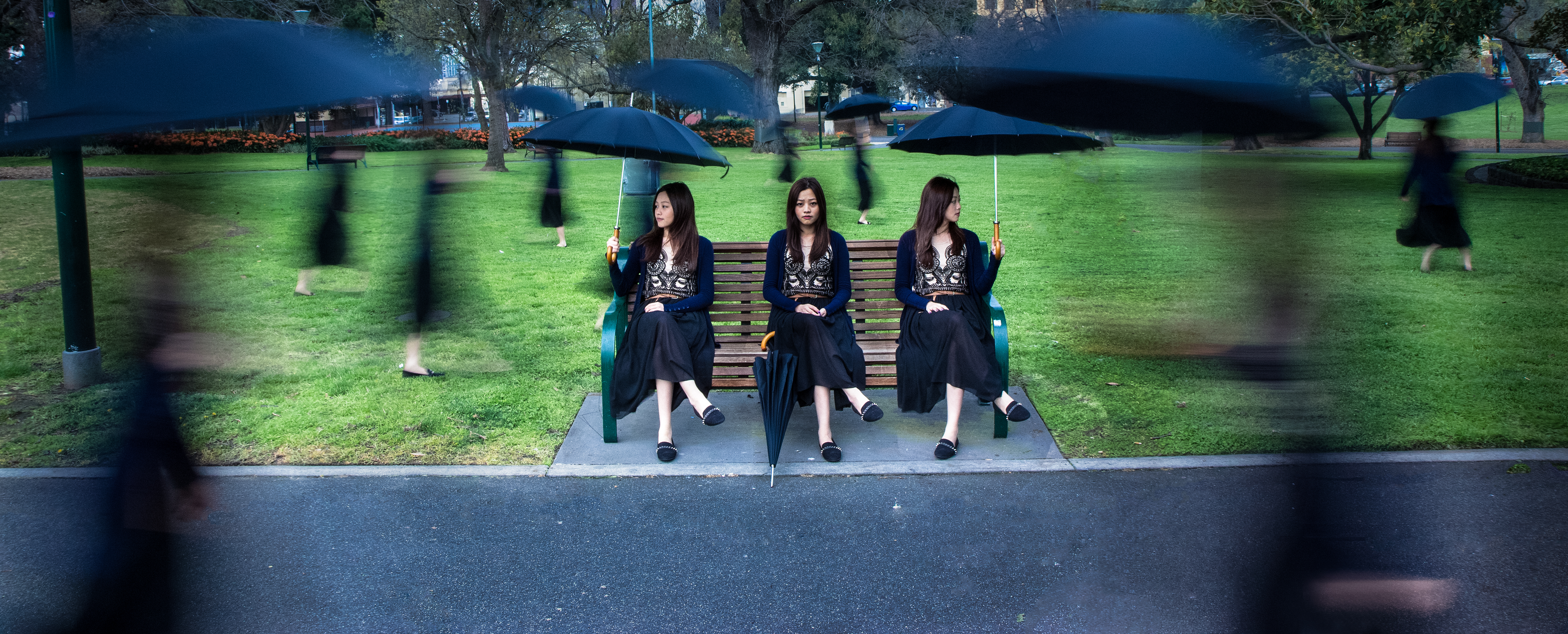Carry over questions:
- (from a couple of weeks ago): Why didn’t Tim Berners-Lee patent the web?
- We’re used to the idea of the internet being characterised as a democratic, open, non-hierarchical technology and space: is Galloway arguing something that fundamentally challenges this?
- Galloway notes that the future is already here but not uniformly distributed (paraphrasing William Gibson). How does this apply to a network like the internet?
This week’s new questions:
- Do the algorithms of a database change the nature of what is defined as narrative?
- How are databases changing notions ‘traditional’ narrative?
- How can narratives emerge from databases?
- Why do some media objects explicitly follow database logic while others do not?
- Can the paradigm and the syntagm be more the same than opposites in new media?
One of the differences between industrial and information society is that in the latter both work and leisure often involve the use of the same computer interfaces. This does not mean that new media completely collapses the difference between producers and users, or that every new media text exemplifies Roland Barthes’ concept of “readerly text.” Rather, as we shift from industrial society to information society, from old media to new media, the overlap between producers and users becomes much larger. This holds for software the two groups use, their respective skills and expertise, the structure of typical media objects, and the operations they perform on computer data.
